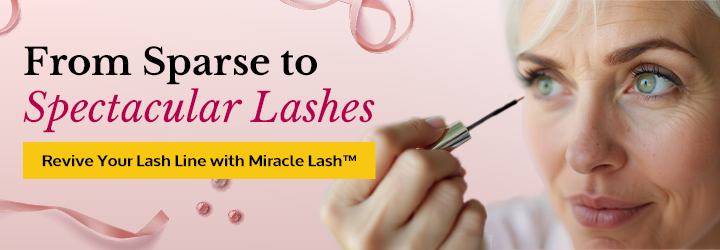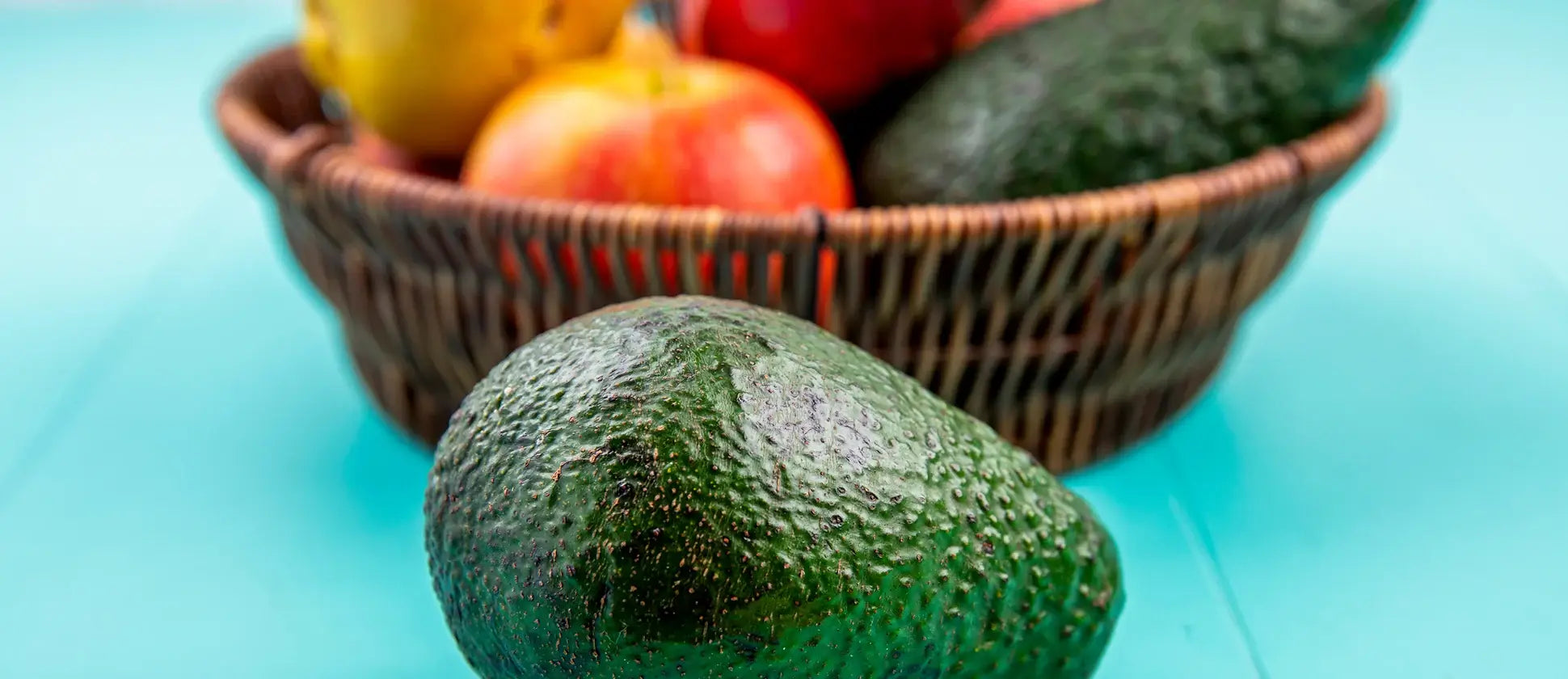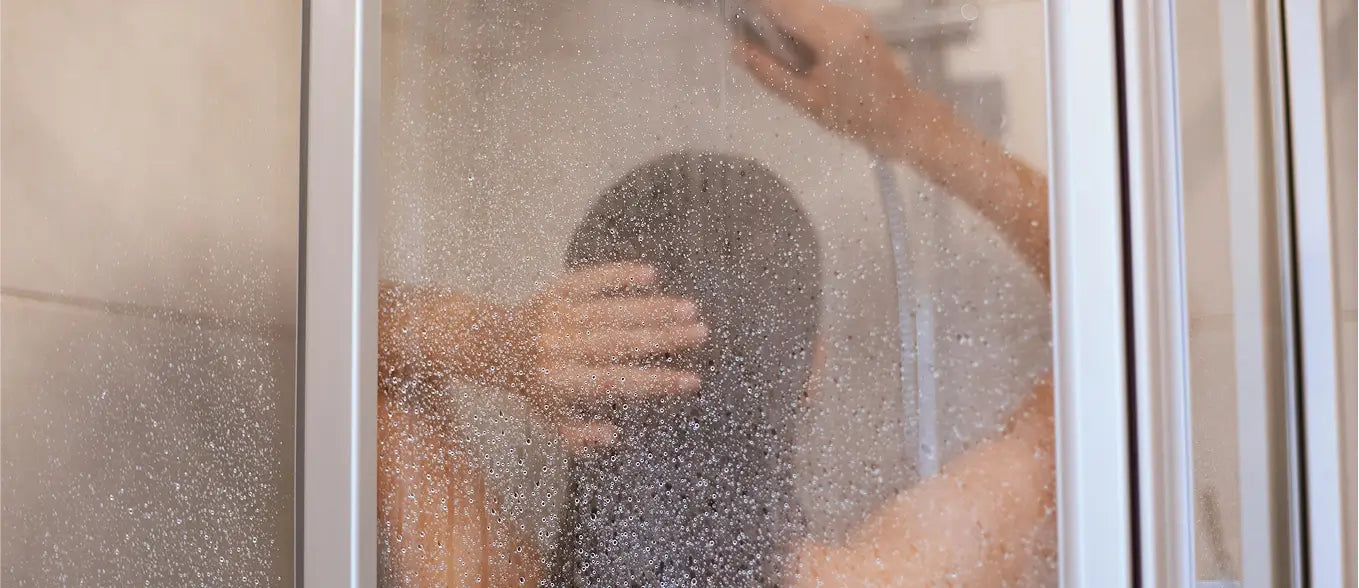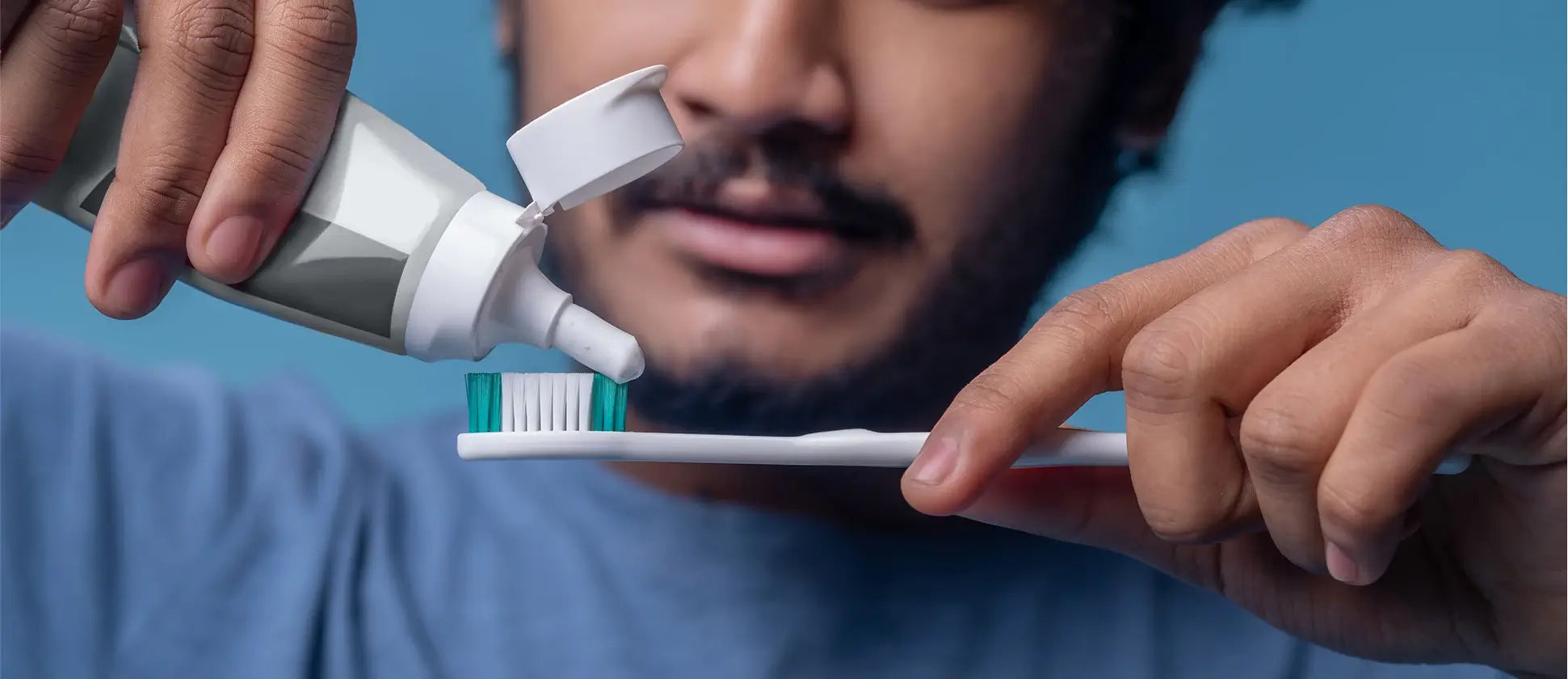Cecilia Wong, 5th & Glow — 7th August 2025
Your Clean Beauty Products Are “Dirtier” Than You Think

The shocking truth about "natural" skincare that the beauty industry doesn't want you to know.
Hey gorgeous, let me start with a confession that's going to make some people very angry...
That $85 "clean" serum sitting on your bathroom counter? The one with the gorgeous minimalist packaging and the ingredient list that reads like a farmer's market haul?
It might be dirtier than the conventional drugstore moisturizer you ditched last year. Cue the gasps from every wellness influencer on Instagram.
The "Clean" Culprits Making Your Skin Worse

Essential Oil Overload
Here's what most people don't know: essential oils are some of the most potent allergens on the planet. Lavender oil? Can cause serious skin sensitization. Tea tree oil? One of the top contact allergens in skincare.
A 2019 study in Contact Dermatitis found that people using "natural" products with multiple essential oils were 3x more likely to develop allergic reactions than those using conventional formulas.
Yet "clean" beauty brands love to pack 8, 10, even 12 different essential oils into one "gentle" face oil. It's like playing allergen roulette with your face.
The Bacteria-Growing "Preservative-Free" Products

Here's the dirty secret: truly preservative-free products have a shelf life of about 48 hours once opened. Unless you're making fresh batches in your kitchen daily, that "clean" product needs preservatives to stay safe.
Many "clean" brands either use hidden preservatives that are actually harsher than synthetic ones—or worse, they skip them entirely and sell you products that can grow harmful bacteria and mold.
- The "Botanical" Lie
- Here's my favorite trick: brands take a conventional formula, add a tiny amount of plant extract, and suddenly it's "pure plant-based" skincare.
- Meanwhile, the product contains more synthetic ingredients than your old drugstore face wash—but because it has a few botanical names on the label, they can charge triple the price.
Why "Clean" Beauty Is Getting Away With This
The beauty industry has no legal definition for "clean," "natural," or "non-toxic." None.
A brand can literally take any formula, add a drop of lavender oil, slap "clean beauty" on the label, and charge premium prices.
- Here's the kicker:
- Poison ivy is 100% natural. So is arsenic. And snake venom is totally organic. Natural doesn't automatically equal safe, and synthetic doesn't automatically equal harmful.
The 3 Dirtiest "Clean" Beauty Tricks
1. Essential Oil Bombs

Products with 10+ essential oils marketed as "gentle" when they're actually sensitization disasters waiting to happen.
2. The Preservative Shell Game

"Preservative-free" products that either contain hidden preservatives or are inadequately preserved and potentially contaminated.
3. Botanical Washing

Adding a tiny amount of plant extract to a conventional formula and calling it "clean" while charging premium prices.
The Bottom Line
I'm not anti-clean beauty. I'm anti-bullsh*t beauty.
- Your "clean" products might be:
- More irritating than conventional ones
- Inadequately preserved and potentially unsafe
- Overpriced conventional formulas in disguise
Stop letting marketing scare you into spending your hard-earned money on products that might be doing more harm than good.
That drugstore moisturizer you ditched? It might actually be cleaner, safer, and more effective than your $85 "botanical" serum.
What's the most overhyped "clean" product you've tried? Spill the tea in the comments—I promise I won't judge (much) 😉
Stay smart, stay beautiful,
Cecilia Wong





